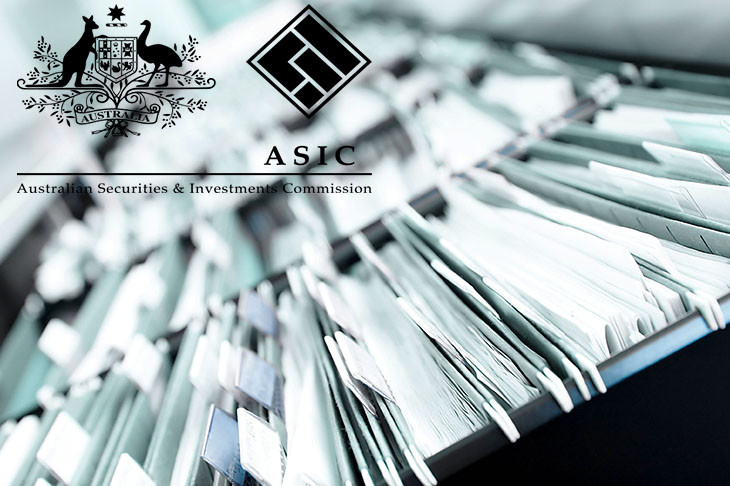The Australian Securities and Investments Commission (ASIC) has released Report 499 Financial advice: Fees for no service.
The report provides an update on ASIC’s work to address financial institutions’ and advisers’ systemic failures, over a number of years, to provide ongoing advice services to customers who paid fees to receive those services. The report summarises ASIC’s work to ensure customers are fairly compensated. The report is part of ASIC’s Wealth Management Project which is focusing on the conduct of the largest financial advice firms, including the advice arms of AMP, ANZ, CBA, NAB and Westpac groups.
The failures set out in the report relate to instances where customers were charged a fee to receive an ongoing advice service, but had not been provided with this service because:
- The customer did not have an adviser allocated to them, but was charged a fee for ongoing advice – usually by deduction from the customer’s investment products; or
- The adviser allocated to the customer failed to deliver on their obligation to provide the ongoing advice service and the licensee failed to ensure that the service was provided.
To date, approximately $23.7 million of fee refunds and compensation has been paid, or agreed to be paid, to over 27,000 customers of ANZ, NAB, CBA, Westpac and AMP under various Australian Financial Services (AFS) licensees that are owned by these businesses. Further reviews are being conducted by the licensees to determine the extent of their ongoing service fee failures. Refunds and compensation are expected to increase substantially as the licensees’ investigations and reviews continue. Based on estimates provided by the licensees to ASIC, compensation may increase by approximately $154 million, plus interest, to over 175,000 further customers, meaning that total compensation for related failures could be over $178 million, plus interest.
ASIC has commenced several enforcement investigations in relation to this conduct.
Most of the failures outlined in this report occurred before the commencement of the Future of Financial Advice (FOFA) reforms. The changes made by those reforms were a significant factor in the identification of the failures, and also substantially reduce the likelihood that the type of systemic failures described in this report will occur in the future. In particular, the requirement to now provide an annual Fee Disclosure Statement to the client, and the requirement for the client to ‘opt-in’ to the advice relationship every two years, will significantly reduce the risk of fees being charged without any advice service provided.

Peter Kell, ASIC
Changes introduced through the FOFA reforms have shone a light on the advice fees that customers are paying and the services they should be receiving in return,’ said ASIC Deputy Chair Peter Kell. ‘Our report identifies the institutions’ systemic failures in this area, which we are putting right by ensuring that customers are fairly compensated.
ASIC’s MoneySmart website has updated information on how much financial advice costs and what to expect from a financial adviser. Customers should check they are receiving the services they are paying for. Customers who are paying ongoing advice fees for services they do not need can ask for those fees to be switched off. Customers who have paid fees for services they did not receive may be entitled to refunds and compensation, and should lodge a complaint through the bank or licensee’s internal dispute resolution system or the Financial Ombudsman Service.
